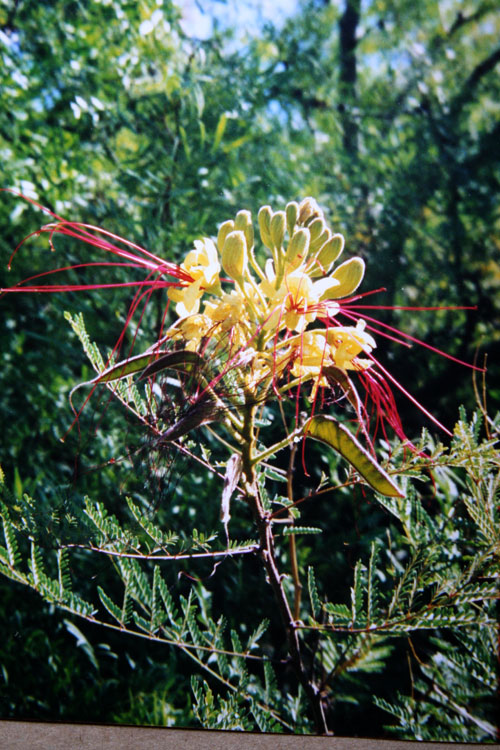Teaching and Learning and Caring Blog
EL PASO – I was reading a novel by Michael Ondaatje, Divisadero, and came across this line on page 241: “He had these maps of sound….” I had to stop, as I often do, reading this author’s exquisite prose and poetry, and ponder the phrase. What came after this phrase I don’t remember. I didn’t write it down; it wasn’t what I had to think about. “Maps of sound” was what I had to think about. What would that look like? No, what would that sound like? At first I thought of how blind people are said to develop their other senses to compensate for their inability to see. We are so focused (even the verb) on the visual. Then I thought of Anthony.

Anthony Jimenez, maps of sound in his fingers. (Cheryl Howard/Borderzine.com)
Anthony is an incredibly competent and also seeing graduate student in Sociology at UTEP and plans to continue in a Ph.D. program somewhere. He was a top ten senior as an undergraduate. But I wasn’t thinking of Anthony as a graduate student, rather as a musician who doesn’t read music. He composes pieces and plays them on piano, complicated pieces. It isn’t improv; he is playing what he has composed. He has … a map of sound for every composition. And his fingers know the map, as if it were Braille. The miracle is not the 20th time he plays the piece, but the second time.
The nurses told me when my mother was dying and in a coma that she could still hear. They said that was the last sense to depart. Talk to her they said. A newborn already knows the sound of his/her mother’s voice and very quickly learns her smell.
I began to think about the other senses and the thought of maps of smell, of touch, of taste. I remember walking down an alley in Albuquerque, where a smell suddenly transported me in time and place to Roswell when I was five years old. I looked around me and didn’t immediately recognize the source of this power. With a bit of sniffing around, it turned out to be the Mexican bird of paradise plant (Caesalpinia mexicana) we know in the desert. So I had a rudimentary map of smell. Others have more complex maps and are sometimes paid for the information their noses tell them: perfume sniffers, whisky nosers, oenophiles (wine connoisseurs). And after smelling the wine, we taste it. The two together give us what we know as flavor, since the tongue gives us only limited information. Can we detect love in food? Is that why Mom’s or Abuelita’s cooking is always better?

Mexican Bird of Paradise, smell transporting me in time and space. (Cheryl Howard/Borderzine.com)
There a few more senses that I might suggest, other than the five we generally acknowledge. We refer to intuition as the sixth sense, a knowing without knowing how we know. What about phrases like “gut check” and “heart throb?” Are these secret organs for detecting love, fear, or right and wrong? We can feel someone staring at us, even when (or especially when) our backs are turned, right? Seasonal Affective Disorder (SAD) has a name, but the question is how and why we detect light other than for seeing? Are we like chickens that stop laying eggs in the winter? Is it the pineal gland? Insects depend on pheromones (scents) to find mates; are we similarly affected? Does that explain perfume sales?
What about kinesthetic knowledge or how we know where we are located in space? Problems in the inner ear can cause balance problems, but what about the balance superiority demonstrated by high wire gymnasts and others whose lives depend on delicate movements in space? Does deja vú ring a bell? Is it possible we have memories that cannot be accounted for by our conscious and historical lives?
Victor Villaseñor thinks there are thirteen senses, detailed in his family memoir of the same name. His list includes some of those additional ones I have mentioned as well as others. One is shape shifting which has been described by Native Americans and shamans from around the world, and another is a Carlos Castañeda type of gravity-defying time and space travel. Finally, Villaseñor suggests that “to be or not to be” is the answer, not the question, and that being is the thirteenth sense.
I am thinking about all these maps and all these senses. Maybe we don’t have to be handicapped to develop our other senses, whether there are five or fifteen. I am also thinking about the smart phone GPS application that tells you when to turn to get where you are going. But then, we have been finding our way home without GPS for a long time, even in the dark.



Still another delightful and provocative read.
Thank you, Cheryl.
Thank you for reminding us of the nuances in life (our sense of sound) that we normally are too busy to appreciate. I had no idea that the last sense to leave us is sound — which is wonderful to know as we aging boomers deal with the death of our parents. Another terrific column.
also enjoyed this one–i need a list of books to read to keep my mind open and growing……